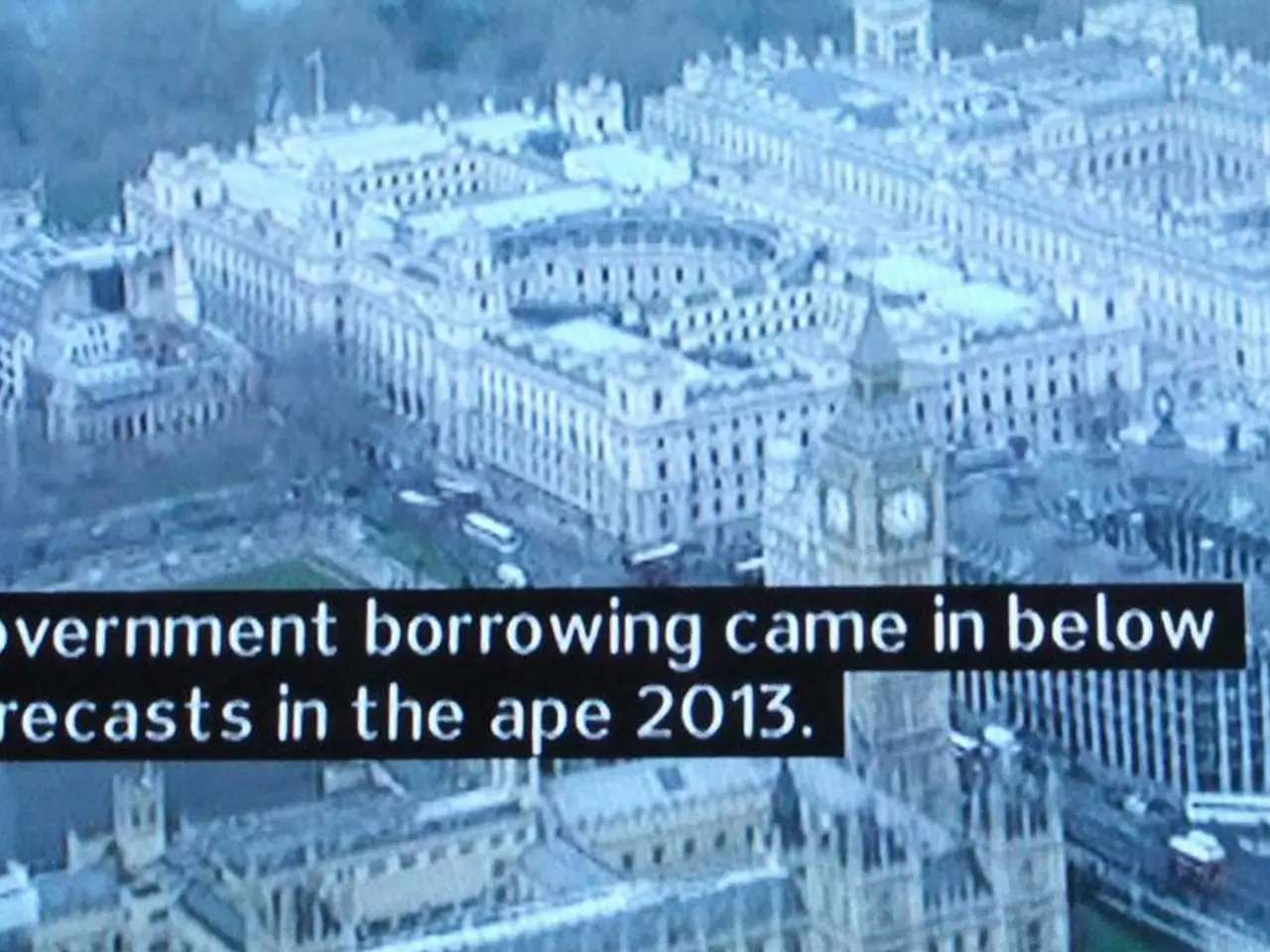Government-owned organization, CPB, to Halt Operations on September 30
The Corporation for Public Broadcasting (CPB), a staple in the American public media landscape for over five decades, has announced plans for an orderly wind-down of its operations, following the elimination of federal funding [1][2][3][4]. This decision will have far-reaching consequences, particularly for NPR and PBS, and the smaller, often rural public radio and television stations that rely heavily on CPB funding for their operations and survival.
Created by Congress in 1967, the CPB was tasked with being the steward of the government's investment in public broadcasting. Over the years, it has become the largest single source of funding for public radio, television, and related online and mobile services [1]. The CPB has been a significant supporter of educational content, locally relevant journalism, emergency communications, cultural programming, and essential services for Americans in every community [1].
With approximately 70% of its annual appropriation going to local stations, the CPB has helped sustain hundreds of these stations, providing critical support they have depended on [1]. The closure of the CPB implies a substantial loss in federal financial support for these stations' infrastructure.
While some stations have seen a temporary spike in donations following the funding cuts, private fundraising is unlikely to fully replace the broad, structured distribution of public funds previously managed by the CPB [2]. This could potentially threaten the ability of these stations to operate effectively in the long term.
National programs like PBS NewsHour and NPR's Morning Edition are expected to continue in the short term. However, the loss of CPB funding creates serious challenges for the local stations that form the backbone of public broadcasting infrastructure. These stations are at risk, and their closure could jeopardize the long-term stability and reach of public media infrastructure across the United States [1][2].
The CPB has been accused of not providing fair, accurate, or unbiased news coverage, and criticized for not abiding by principles of impartiality in its subsidies to NPR and PBS [1]. However, it is important to note that public media's funding comes from many sources, including listeners, viewers, major donors, and others, in addition to the CPB [1].
As the CPB prepares for its closure, a small transition team will remain until January 2026 to handle compliance, final distributions, and resolution of long-term financial obligations [3]. The impact of this decision on public media will be significant, and it remains to be seen how the industry will adapt and evolve in the coming years.
[1] NPR. (2021, August 12). The Corporation for Public Broadcasting Announces Plans to Wind Down Operations. Retrieved from https://www.npr.org/2021/08/12/1028968243/cpb-announces-plans-to-wind-down-operations
[2] PBS. (2021, August 12). CPB Announces Plans to Wind Down Operations. Retrieved from https://www.pbs.org/about/news/2021/08/12/cpb-announces-plans-to-wind-down-operations/
[3] The New York Times. (2021, August 12). Corporation for Public Broadcasting Plans to Shut Down. Retrieved from https://www.nytimes.com/2021/08/12/arts/television/cpb-shutdown.html
[4] The Washington Post. (2021, August 12). Corporation for Public Broadcasting to Shut Down After Losing Federal Funding. Retrieved from https://www.washingtonpost.com/arts-entertainment/2021/08/12/cpb-shutdown-federal-funding/
- The loss of federal funding for the Corporation for Public Broadcasting (CPB) will have a substantial impact on the media landscape, particularly for businesses and stations that rely on CPB funding for their broadcast and online services, which includes news, education, cultural programming, and emergency communications.
- The closure of CPB will create challenges for the survival and operation of numerous public radio and television stations, many of which are located in rural areas, and threaten the general-news coverage these stations provide, which is essential for keeping Americans informed about politics and current events.
- With the shutdown of CPB, the financing of public media will shift from a broad, structured public funding model, managed by the CPB, to a more privatized system reliant on donations and other funding sources, which may cause concerns about the future stability and balance of media coverage in the United States.




